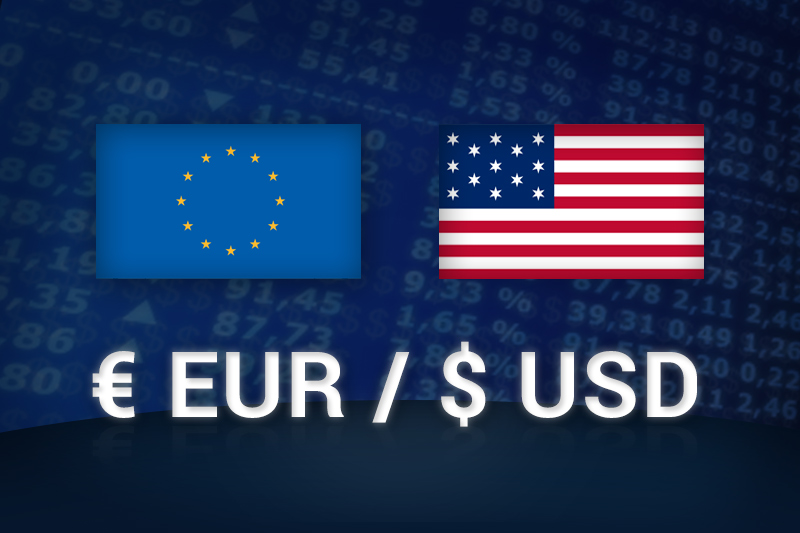Investing.com - The euro moved higher against the dollar on Tuesday as escalating tensions between the U.S. and Syria prompted investors to avoid the greenback and seek safe harbor in the yen, which brought the euro up with it.
Solid German confidence data bolstered the single currency as well.
In U.S. trading on Tuesday, EUR/USD was up 0.14% at 1.3389, up from a session low of 1.3325 and off from a high of 1.3398.
The pair was likely to find support at 1.3298, Thursday's low, and resistance at 1.3452, last Tuesday's high.
Syria's alleged use of chemical weapons in its internal conflict steered investors away from the dollar as the possibility of U.S. military strikes appeared to be on the rise
U.S. Defense Secretary Chuck Hagel said earlier the military is ready to take action against Syria if called upon by the White House.
The U.S. insists the Syrian military has used chemical weapons during its internal conflict as have the U.K. and others, a charge Damascus has denied.
On Monday, U.S. Secretary of State John Kerry said the world would hold Syria accountable for using chemical weapons.
Russia and China, meanwhile, has warned against strikes against Syria, while Iran has said a U.S. attack on its ally Syria would embroil the oil-rich region in conflict.
Meanwhile in Europe, the Ifo German business climate index hit a 16-month high of 107.5 in August from 106.2 in July, which bolstered the single currency . Economists had expected the index to tick up to 107.0.
The Current Assessment Index rose to 112.0 in August from 110.1 in July, compared to expectations for an increase to 110.9.
Elsewhere in the U.S., the Conference Board said its index of consumer confidence rose to 81.5 in August from an upwardly revised 81.0 in July. Analysts had expected the index to fall to 79.0.
The data provided the dollar with some support by keeping expectations in place that the Federal Reserve remains on track to begin tapering the pace of its USD85 billion in monthly asset purchases, a monetary stimulus tool known as quantitative easing that weakens the dollar by driving down interest rates.
Talk of tapering bond purchases provides the dollar with support.
The euro, meanwhile, was up against the pound and down against the yen, with EUR/GBP trading up 0.40% at 0.8618 and EUR/JPY trading down 1.13% at 130.21.
On Wednesday, Germany is to release the Gfk report on consumer climate, a leading indicator of consumer spending, while the U.S. is to release private sector data on pending home sales.
Solid German confidence data bolstered the single currency as well.
In U.S. trading on Tuesday, EUR/USD was up 0.14% at 1.3389, up from a session low of 1.3325 and off from a high of 1.3398.
The pair was likely to find support at 1.3298, Thursday's low, and resistance at 1.3452, last Tuesday's high.
Syria's alleged use of chemical weapons in its internal conflict steered investors away from the dollar as the possibility of U.S. military strikes appeared to be on the rise
U.S. Defense Secretary Chuck Hagel said earlier the military is ready to take action against Syria if called upon by the White House.
The U.S. insists the Syrian military has used chemical weapons during its internal conflict as have the U.K. and others, a charge Damascus has denied.
On Monday, U.S. Secretary of State John Kerry said the world would hold Syria accountable for using chemical weapons.
Russia and China, meanwhile, has warned against strikes against Syria, while Iran has said a U.S. attack on its ally Syria would embroil the oil-rich region in conflict.
Meanwhile in Europe, the Ifo German business climate index hit a 16-month high of 107.5 in August from 106.2 in July, which bolstered the single currency . Economists had expected the index to tick up to 107.0.
The Current Assessment Index rose to 112.0 in August from 110.1 in July, compared to expectations for an increase to 110.9.
Elsewhere in the U.S., the Conference Board said its index of consumer confidence rose to 81.5 in August from an upwardly revised 81.0 in July. Analysts had expected the index to fall to 79.0.
The data provided the dollar with some support by keeping expectations in place that the Federal Reserve remains on track to begin tapering the pace of its USD85 billion in monthly asset purchases, a monetary stimulus tool known as quantitative easing that weakens the dollar by driving down interest rates.
Talk of tapering bond purchases provides the dollar with support.
The euro, meanwhile, was up against the pound and down against the yen, with EUR/GBP trading up 0.40% at 0.8618 and EUR/JPY trading down 1.13% at 130.21.
On Wednesday, Germany is to release the Gfk report on consumer climate, a leading indicator of consumer spending, while the U.S. is to release private sector data on pending home sales.
